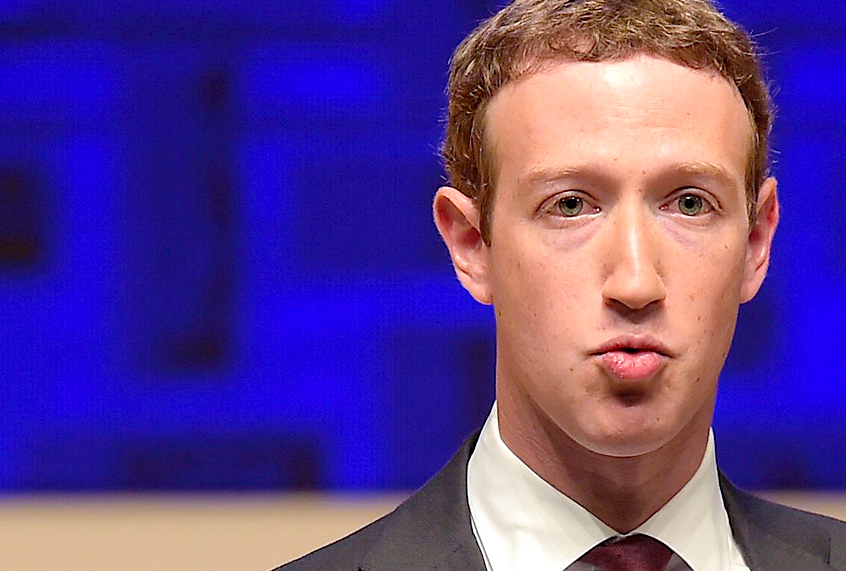In true Mark Zuckerberg fashion, the billionaire tech CEO broke his silence amid a multifold setback for Facebook, the company he co-founded in his Harvard dorm. In a long-winded post which detailed the timeline of events leading up to the Cambridge Analytica data breach, Zuckerberg pledged to take steps to prevent a disaster like this from recurring.
“We have a responsibility to protect your data, and if we can’t then we don’t deserve to serve you,” Zuckerberg wrote in a Facebook post. “I’ve been working to understand exactly what happened and how to make sure this doesn’t happen again.”
The announcement follows news that Cambridge Analytica, a voter-profile company, violated the privacy of millions of people without their knowing in order to help propel Donald Trump to victory in the 2016 election. Meanwhile, Facebook is being accused of potentially breaking American and British laws for failing to disclose that their data had been used by an outside firm. The U.S. Federal Trade Commission is reportedly preparing to launch an investigation into the matter. Investors are suing the social media company in the wake of the news.
Amid the chaos, Zuckerberg has remained silent — until now. In his post, he outlines the timeline of events regarding the relationship Facebook had with Cambridge University researcher Aleksandr Kogan. In 2013, according to Zuckerberg, Kogan created a personality quiz app that was installed by nearly 300,000 people around the world. These people reportedly shared their data — and unknowingly, the data of their friends, too.
“Given the way our platform worked at the time this meant Kogan was able to access tens of millions of their friends’ data,” Zuckerberg writes.
In 2014, Zuckerberg explains, the platform made changes to restrict the data that apps could access. Apps like the one Kogan built couldn’t access friends’ data without unless their friends had also authorized the app.
In 2015, The Guardian reported that Kogan allegedly shared the data he acquired from his app with Cambridge Analytica during the Ted Cruz campaign.
“We immediately banned Kogan’s app from our platform, and demanded that Kogan and Cambridge Analytica formally certify that they had deleted all improperly acquired data,” Zuckerberg explain. “They provided these certifications.”
“Last week, we learned from The Guardian, The New York Times and Channel 4 that Cambridge Analytica may not have deleted the data as they had certified,” Zuckerberg continued. “We immediately banned them from using any of our services. Cambridge Analytica claims they have already deleted the data and has agreed to a forensic audit by a firm we hired to confirm this. We’re also working with regulators as they investigate what happened.”
Kogan has publicly said that he doesn’t believe he broke Facebook’s policy, however.
This breach of trust has, according to Zuckerberg, inspired a new round of limitations to be implemented moving forward. Facebook is reportedly now launching an audit on all apps that had access to large amounts of information before access was reduced in 2014. Any developer unwilling to comply with the audit will be banned and everyone affected by those apps will be notified. Facebook will also be removing access to users’ data from apps that users haven’t used in three months; moreover, the company plans to limit the data accessible by apps to only name, profile photo, and email address. Finally, Facebook is claiming that it will be more transparent in showing users how to revoke apps’ permissions to data.
“While this specific issue involving Cambridge Analytica should no longer happen with new apps today, that doesn’t change what happened in the past,” Zuckerberg concluded. “We will learn from this experience to secure our platform further and make our community safer for everyone going forward.”
It has yet to be determined if this apology will be well-received by Facebook followers, or if this will continue to push people away.

